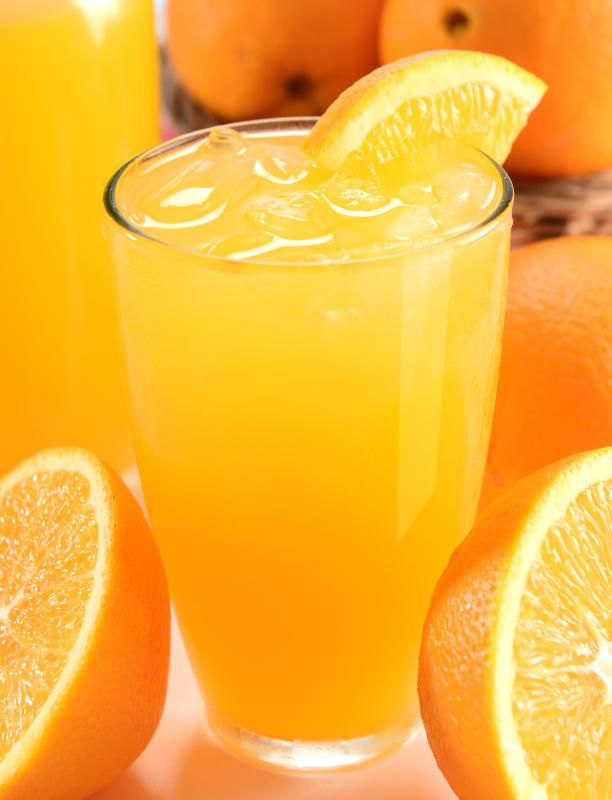At SmartCapitalMind, we're committed to delivering accurate, trustworthy information. Our expert-authored content is rigorously fact-checked and sourced from credible authorities. Discover how we uphold the highest standards in providing you with reliable knowledge.
What are Commodity Stocks?
Commodity stocks are investments in commodities—raw materials such as grain, gold and silver, or orange juice. For products to be available to investors as commodity stocks, they must be bought and sold in a raw standard form. This means that the product can't be differentiated from one producer to another. If an investor buys commodity stocks in orange juice, the product being invested in is pure orange juice, not branded orange juice or orange juice with added vitamins.
The types of products available for commodity investing include agricultural products. These can be food products such as wheat, pork bellies, and tea. Other agricultural products include the non-food commodity stocks such as tobacco, cotton, and rubber. All of these commodities have a shelf life. This means that an investor can purchase a commodity option to trade in the product in the future, and the commodity option has a predictable value for a predictable amount of time.
Other types of products available to investors on the commodity exchange include metals and energy products. Examples of metals include steel, aluminum, silver, and gold. Energy examples include crude oil, natural gas, and propane.

Not every single type of commodity is available to investors as a commodity trade. In general, a commodity must have significant volume of buying and selling activity to be included in the commodities exchange markets. In addition, there must usually be sufficient price fluctuations in the product to justify its inclusion in the market.
Commodities are usually traded in two main ways: as an immediate sale or purchase on the "spot market," or as commodity futures. When an investor buys a commodity future, he or she is effectively buying the right—and the obligation—to purchase an amount of the commodity at a specified date in the future. Most investors who trade in commodities do so using the commodity futures method.
One of the key facts to know about commodity stocks is that the price of these stocks are set largely by supply and demand. This is in contrast to company shares traded on the stock exchange, where the price of a share is determined by the market.

There are a large number of exchanges around the world that provide commodity stocks for trading. These exchanges may provide trade in many different commodities, such as the New York Mercantile Exchange. Other commodity exchanges many focus on specific types of commodity stocks, such as the London Metal Exchange.
AS FEATURED ON:
AS FEATURED ON:














Discussion Comments
Watching the commodity markets is a very interesting and fast paced world. If anybody could predict what these markets are going to do, they would be very successful.
I closely watch the commodity prices and charts to get a feel for what is happening. I have bought and sold energy stocks for several years. These stocks have been traded through the individual companies, but I have also traded through the commodities market.
You really have to watch this closely and be ready to make a move at any time because this market changes very quickly and many times there are huge over night moves in the prices.
I have traded gold stocks for many years, and it has been quite a ride. Once I became familiar with the gold market, then I also started trading silver as it seems silver will closely follow what the gold market does.
My biggest resource when it comes to any kind of trading is studying the technical analysis of stocks and commodities. Understanding how to read charts can be very helpful when combined with the company earnings and news reports.
I know from experience, that buying and selling commodity stocks is not boring. Many times when you buy stock in a company, there are not big price changes, but in the commodity stock market there can be huge changes in price in a short amount of time.
Because these prices are based on supply and demand, trading commodity stocks can carry greater risk than other kinds of trading. You are also much more aware of what is going on in the agricultural world and keep a close eye on the current farm reports.
Post your comments